Interim guidance from the Centers for Disease Control and Prevention (“CDC”) states that in-person meetings can contribute to the spread of COVID-19, particularly among older adults and persons with pre-existing health conditions. Since this novel coronavirus pandemic is preventing shareholders from convening safely, Governor Cuomo issued and then extended an executive order suspending the sections of New York’s Business Corporation Law (BCL) that normally require meetings of shareholders to be held at a physical location after certain types of notice. (See BCL §§ 602(a) and 605(a) and (b))
Therefore, Cuomo’s order paves the way for HDFCs to hold remote shareholder meetings using video conferencing technology, such as Zoom, Apple’s Facetime, WhatsApp Video or Google Meet. It’s safe to say, for now, an HDFC’s annual shareholder meeting location can be virtual. According to the executive order, this suspension of the BCL’s meeting requirements was effective immediately on March 20, 2020 and, with the extension, continues through May 16, 2020. View the executive order here.
Particularly in a New York City HDFC, maintaining six feet between shareholders at a meeting held in a building community room or basement is impractical, if not impossible. A virtual meeting occurs when a group of people, who are dispersed across different locations (each shareholder inside his/her own apartment unit or even a shareholder participating from a location outside of the building or even outside of the state), use video and audio to connect online. Remote meeting tools include both video conferencing software and hardware. This software/hardware combination can be as simple as shareholders using their smart phones with a common application (“app”) to meet. Or, a virtual meeting could be the result of a more sophisticated, complex set-up comprised of a desktop or laptop computer with a camera, high-speed internet access for each shareholder and a heavy dose of tech savvy to assure that all shareholders can be included.
Assuming an HDFC doesn’t want to wait or adjourn its annual shareholder meeting, there are some essential considerations for the Board to take under advisement. For “remote communications” to be acceptable for a virtual shareholder meeting, the communication mechanisms must reasonably enable the verification of each shareholder’s identity and provide each participant an opportunity to participate in the meeting, read or hear the proceedings contemporaneously and vote remotely. Boards may adopt further guidelines or procedures, too. A Board could establish meeting procedures that enable shareholders to submit questions in writing before or during the meeting and may outline the process for screening and responding to questions. Whatever procedures the Board establishes, they should be circulated to the shareholders in advance of the meeting.
Other considerations for an HDFC considering a virtual shareholder meeting include assessing its ability to offer the same level of shareholder participation, including the ability to ask questions, since a virtual meeting adds the burden of each participant obtaining technology and knowing how to navigate it in order to communicate. Also, casting votes remotely could call into question privacy concerns and may require complicated mechanisms for authenticating a shareholder’s identity. The HDFC would want to take reasonable measures to verify that each person present at the meeting is a shareholder or the holder of a valid proxy. At minimum, an HDFC would want to maintain a record of the voting and any other actions taken at the meeting as well as record a list of shareholders participating in the meeting.
Despite some challenges to hosting a virtual shareholder meeting, protecting shareholders’ health and safety should be of paramount importance to HDFC boards. Also, thirty states (including Delaware, California, Texas and Washington) already have state corporation laws that allow boards to determine that the “place” need not be a physical, geographic location and instead may be held solely by means of “remote communication.” Since the end of the social distancing guidelines is still unknown and many HDFCs have matters to discuss with the shareholders, holding a virtual shareholder meeting could be a viable option.
Some ways to hold a productive virtual shareholder meeting: circulate both a meeting notice and an agenda that has the name of the person presenting each topic and allocates a specified time for each item; assign someone to have the role of meeting facilitator, i.e. someone who makes sure that the meeting follows the agenda, all participants are heard and everyone followings basic rules of meeting conduct; and circulate the meeting minutes to all shareholders afterwards. When organized carefully, virtual meetings can be highly efficient and may actually enable higher levels of shareholder participation by including persons with limited mobility or childcare concerns.
These temporary measures granted by Cuomo’s executive order offer considerable flexibility for HDFCs to conduct remote meetings and doing so may be a good idea in the current environment of social distancing. However, before calling a virtual, annual shareholder meeting, HDFCs should also check their certificates of incorporation and bylaws to see if the documents contain other, more restrictive, requirements applicable to remote meetings; internal corporate documents govern. Furthermore, looking to the future, HDFCs may want to consider revising their governing documents to implement a well-planned process through which an emergency remote meeting may take place.
Goldstein Hall can help HDFCs with shareholder meetings, as well as the review and revision of their corporate documents. Please contact Rachel Jaffe with any questions you may have.
___________________________________


